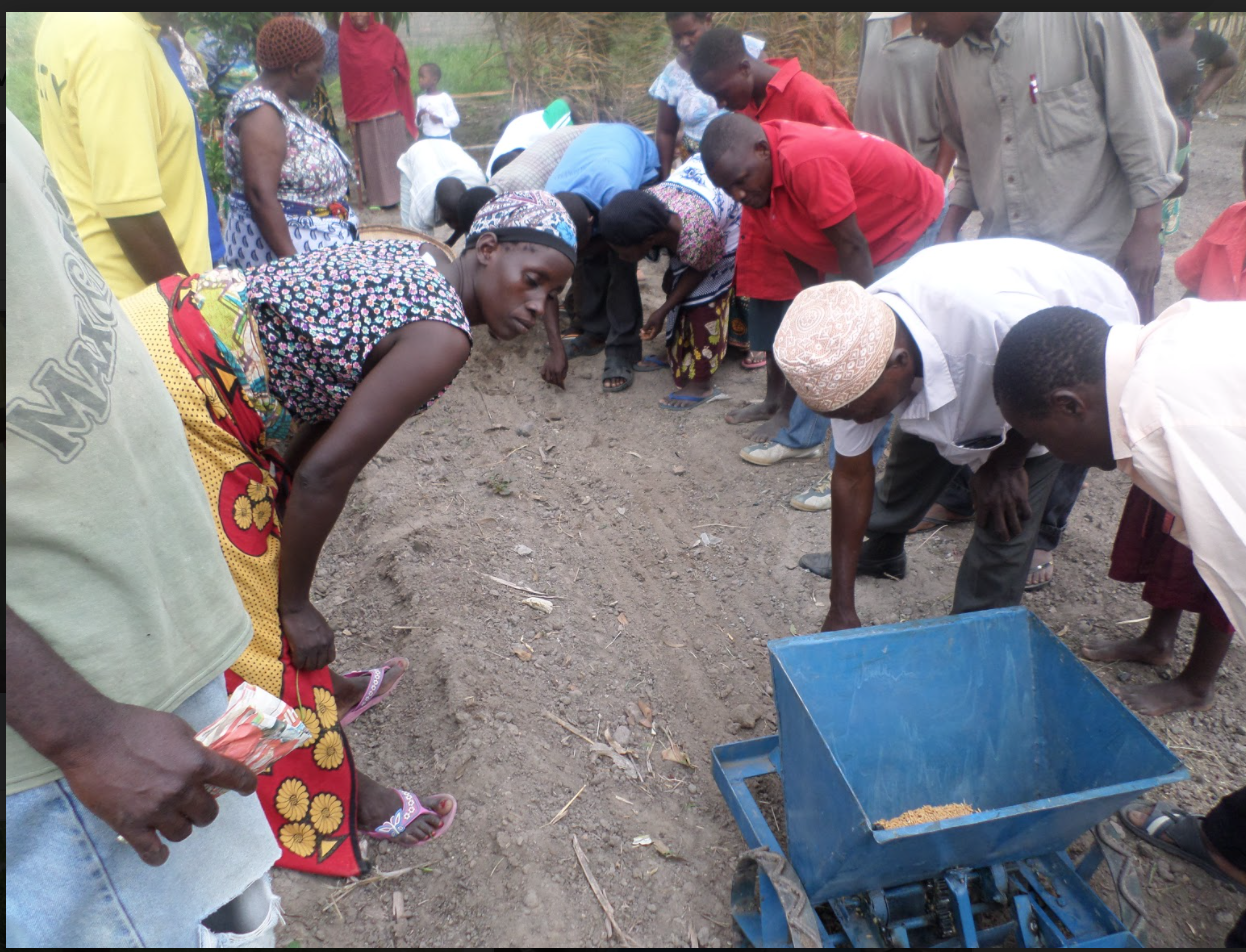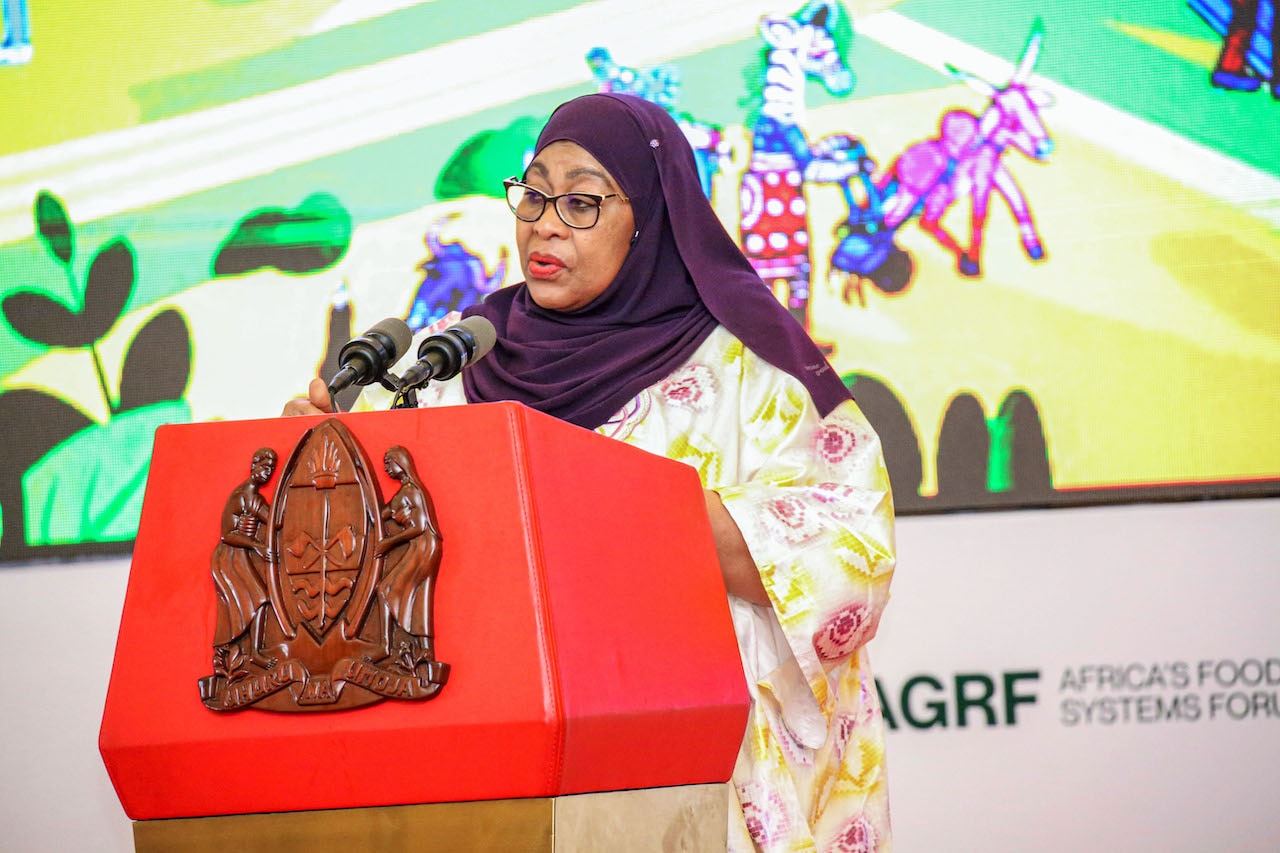Sustainable Food Supply Chain: Africa’s Avenue to Trade Prosperity, Says Scholar
In light of the recent AU Summit, Otieno Panya, a Sustainable Supply Chain Management Scholar at Jomo Kenyatta University (JKUAT), elaborates on the indispensable role of sustainable food supply chains in the success of the African Continental Free Trade Area (AfCFTA). According to Panya, as trade flourishes, so does the pressing need for sustainable agriculture to secure food, bolster resource efficiency, diminish waste, mitigate environmental impacts, enhance product quality, and satiate the rising consumer appetite for sustainable products.
“The ambitions for increased intra-Africa trade can only be fully realized when food security is not a question mark. The AfCFTA is a golden ticket to elevate Africa’s income by an impressive $450 billion by 2035, but this comes with the responsibility of feeding the growing populace efficiently and sustainably,” stated Panya at a panel discussion following the AU Summit.
The latest data reflects a troubling state of food security in Africa, with around 257 million people, or over 20% of the continent’s population, reported as undernourished. A report by the Food and Agriculture Organization attributes the drop in agricultural productivity to natural resource degradation, biodiversity loss, and the emergence of transboundary pests and diseases. Moreover, climate adversities and global fuel and fertilizer price surges, as outlined by Oxfam, have put food out of reach for countless individuals.
Panya accentuated, “The pandemic year of 2022 saw food inflation soaring in almost all African nations. The agriculture sector teeters on the brink due to skyrocketing production costs, diminishing yields, inadequate research, outdated technology, and detrimental trade barriers. The result is a bleak outlook for nearly 700 million people, predominantly residing in rural areas.”
The path to a sustainable food supply chain is perceived as a collective endeavor. Many smallholder farmers, the linchpins of food production in Africa, are shackled by poor infrastructure and high intra-African tariffs that stymie access to neighboring markets.
Panya underscores the cardinal role of green revolution advocacies. Organizations like the AGRA the UN International Fund for Agricultural Development (IFAD), the Forum for Agricultural Research in Africa (FARA), and the CGIAR System Organization, alongside philanthropic bodies like the Bill and Melinda Gates Foundation, are instrumental in reshaping smallholder farming into sustainable, profitable ventures.
“Through various initiatives, such as imparting knowledge on sustainable farming techniques, diminishing dependence on hazardous chemicals, fostering farmer-market linkages for fair pricing, and slashing food wastage in the supply chain, these bodies are cultivating a greener future,” Panya elaborated.
Sustainable farming, he posits, entails enhancing water and nutrient efficiency, replenishing extracted nutrients judiciously, and diversifying farming systems with climate-resilient crops and practices.
“In a climate precarious continent like Africa, breeding and propagating climate adaptive crop varieties is non-negotiable. Our hope lies in early maturing, drought-tolerant varieties that can withstand the climate exigencies,” Panya expressed.
As Africa navigates the uncharted waters of free trade, Panya beckons African governments to urgently devise and implement strategic measures to fortify the continent’s food systems, ensuring that the wheels of trade turn smoothly on the road to prosperity and food security.
The green confluence of sustainable food supply chains and burgeoning trade under the auspices of AfCFTA holds promise for Africa’s economic resurgence, but as Panya astutely reminds us, it demands an unwavering commitment to sustainability at every junction.


